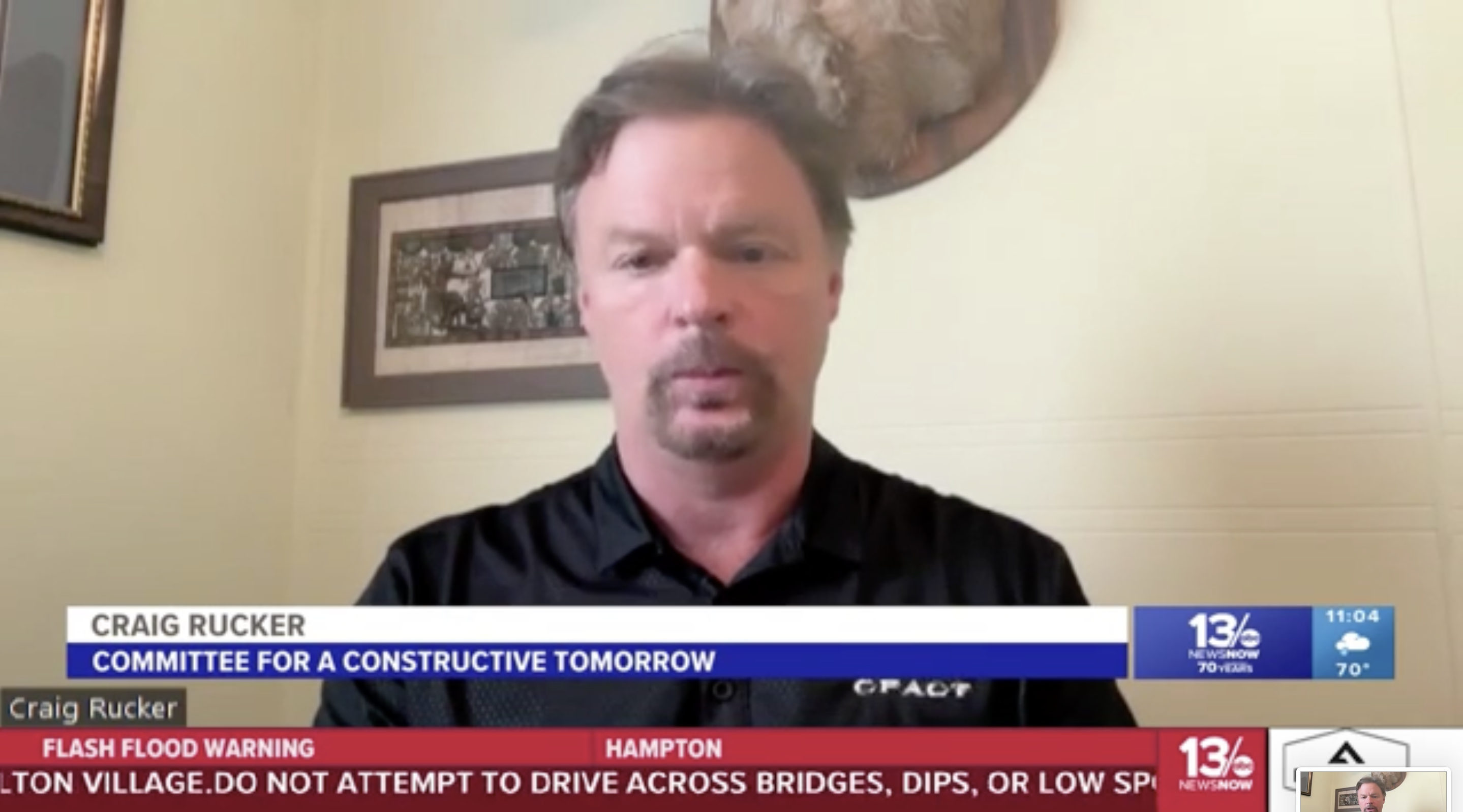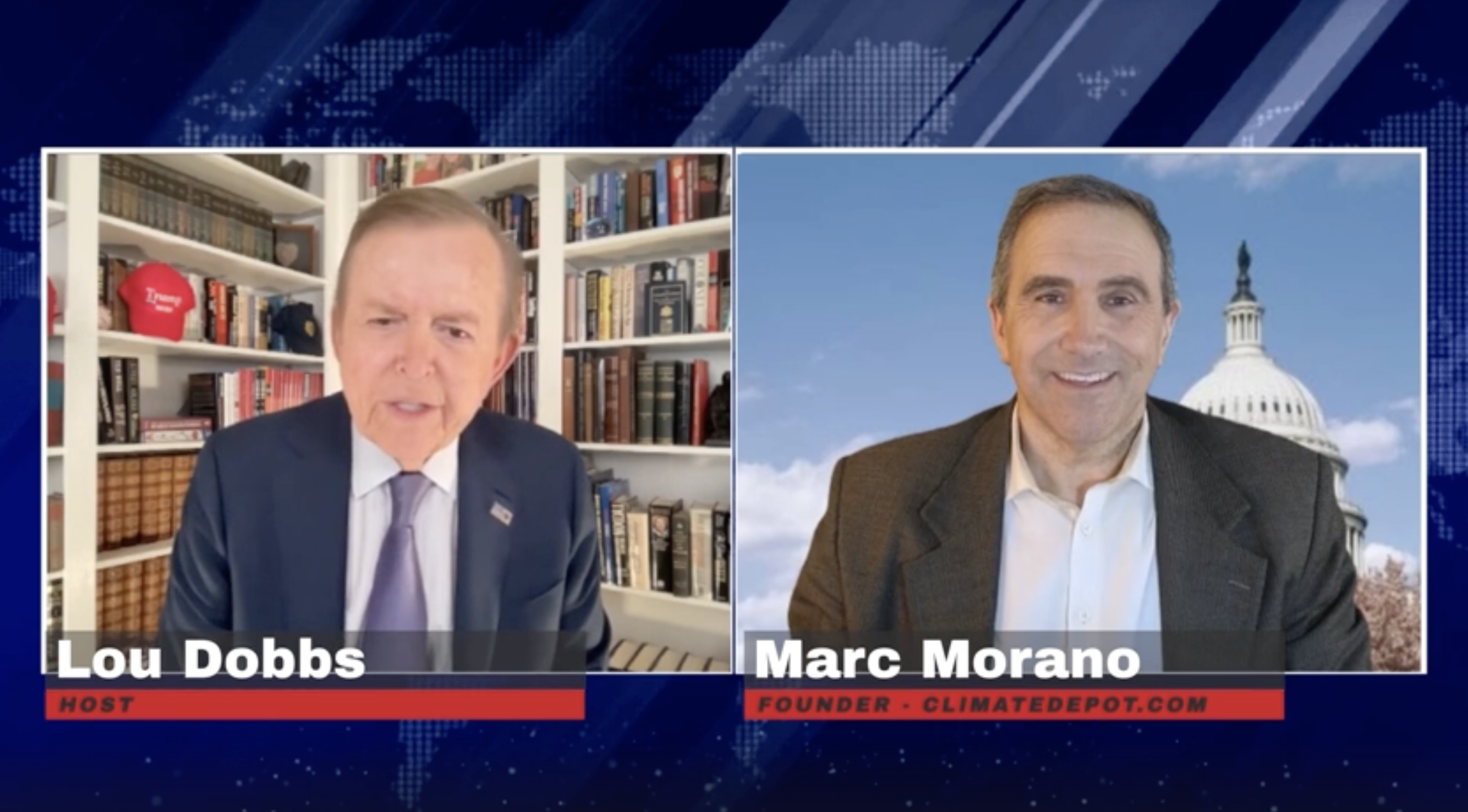By Ben Geman
The Supreme Court looks likely to limit the executive authority to issue sweeping climate rules without new legislation, but it’s unclear if they’ll unite around broader limits on regulatory power.
Catch up fast: The high court held arguments Monday in related cases about now-defunct regulations to curb carbon emissions from the electricity sector, the second-largest U.S. source of heat-trapping gases.
A few takeaways:
1. New limits appear likely. Harvard Law professor Richard Lazarus said there appear to be six votes to “align” the case with recent rulings against the federal eviction moratorium and vaccine mandates.
- That would prompt the court to “sharply cut back on EPA’s authority to reduce greenhouse gas emissions from existing coal-fired power plants,” he said via email.
2. The appetite to go big is unclear. A huge question is whether the court’s 6-3 conservative majority will set a precedent that broadly cuts executive power to regulate on “major questions” absent explicit congressional blessing.
- “While some warned this case could be a Waterloo for the administrative state, most of the oral argument focused narrowly on how to interpret the relevant provisions of the Clean Air Act,” Case Western Reserve University law professor Jonathan Adler said in a post yesterday.
- “The major questions doctrine was raised repeatedly throughout the argument, largely as an input to the statutory interpretation inquiry, rather than as a stalking horse for the nondelegation doctrine.”
3. Timing is everything. The argument occurred just hours after United Nations-convened scientists issued a massive report that finds global warming is reshaping the world more rapidly and severely than was known several years ago.
- The case is unfolding as President Biden’s push for massive new federal investments in clean energy has stalled in Congress. That puts a heavier burden on the federal agencies to act via regulation, even as their authority is now in doubt.
4. There’s probably no escape hatch. The majority seems ready to weigh in, despite Biden officials’ argument that the case isn’t ready for action because there are currently no power plant CO2 regulations in place.
- “Chief Justice Roberts made it clear that he thinks the case is justiciable even though the government made a strong argument that any ruling would be only an advisory opinion,” University of Maryland law professor Robert Percival tells Axios via email.




